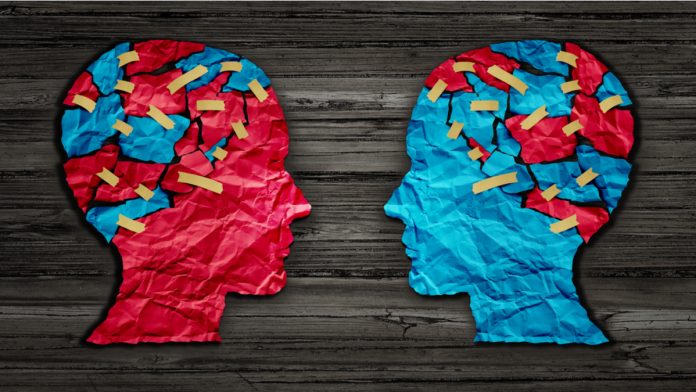There is a strong disconnect between operators and punters when it comes to opinions on what is most important for a betting company according to Ed Moed, with the HPL Digital Sport CEO highlighting both product and brand as the polarising factors.
Kickstarting the ‘Executive Reality vs. User Expectations – Understanding the disconnect between operators and their bettors’ panel at SBC Digital North America, Moed delved into the recent findings from a HPL study designed to find out what betting industry figures thought to be a priority for their customers compared to what bettors believed was most important.
He began: “We’ve done a few studies into this topic because we’re always trying to figure out what the user cares about and how that is shifting as the number of bettors grows.
“I guess the main thing that really stood out for us – which wasn’t really a surprise – was that executives overwhelmingly think that having a really great differentiator product is what will engage users, especially when it comes to acquisition and retention. However, they thought that at the expense of what the brand is, and how important it is to have a strong brand. Over 60% felt that product was clearly number one compared to 11% who said that brand really matters.
“But when we spoke to users, we gave them a list of things to choose from and over 50% said the number one element is brand. For them, brand is trust. They’re going to use different platforms, in all cases and not just betting, because they believe in that brand. First and foremost, there is an obvious disconnect.”
Moed was joined on the HPL Digital Sport-sponsored panel by Jan Jones Blackhurst (Board Member, Caesars Entertainment), Dr Laila Mintas (CEO, PlayUp), Zachary Sold (Head of Digital Marketing, BetMGM). The discussion was moderated by Eben Novy-Williams (Sports Business Reporter, Sportico).
When quizzed on whether the results of HPL surveys surprised the panellists, Jones Blackhurst expressed her disbelief that executives would choose product over brand. She explained that for her, the brand was ‘instinctual’, noting that operators may have been swayed by the possibilities of new technologies.
She responded: “I think we should pay attention [to these results]. If you look at how you market any new product, a consumer is always going to veer towards a brand. Now that we’re in an online environment, and it’s a new way for bettors to manage their bets and money, the brand – for me – would have been instinctual.
“I’m really surprised that the executives didn’t see it that way, but maybe they are overwhelmed with all of the new technology. They possibly think that this will then drive a user. You have to have a good product but I think everything starts with a brand.”
Sold shared a similar sentiment to both Moed and Jones Blackhurst, but pointed out that once the industry reaches a certain saturation point in terms of features, companies must differentiate themselves through branding.
“I think the disconnect between what executives thought would resonate from a product stand-point makes sense,” he said. “We’re in a transitional phase in the sports betting world where features – and to a certain extent, betting lines and odds – have been commoditized to a certain point.
“You may get a half point on one book, you might get -120/130 differences but the lines are still relatively close. Betting markets, and the breadth of these markets, are also going to be relatively commoditized. Once you’ve reached a critical mass or a threshold of features and functionalities, the differentiator becomes brand.”
Drawing upon his own experience, Sold disclosed that in the past there have been instances when product has not acted as a differentiating factor for BetMGM. Instead, he highlighted retention tactics such as offers and brand loyalty strategies.
But for Dr Mintas, she took somewhat of a different approach, arguing that it is in fact a product which enables a company to stand out from the crowd. She shared her view that for newer companies entering the market, product can help disrupt the market – while owning your own technologies can play a key role in doing this.
She said: “I think if you keep in mind that PASPA was only repealed just over three years ago, half of the states have legalized sports betting so far. So when it comes to brand, I think we have to distinguish between the companies that have been here pre-PASPA, such as Caesars and MGM, and the brands that are new to the US.
“If you look at most of the markets, you can see that these newer brands have been able to secure significant market share already. So when it comes to product, from my perspective that is really the differentiator.
“As I’ve said, we’ve got those brands that have been in the US for what seems like forever but then you have these innovative companies that have been able to disrupt the market. We believe that owning our own technology as well as our own risk-management and trading systems will make a big difference.
“We want to come in with new products that the US hasn’t seen yet. If you want to offer something that will make you stand out in the market, it makes sense to go in aggressively – you therefore have to offer the best odds on the market.”

